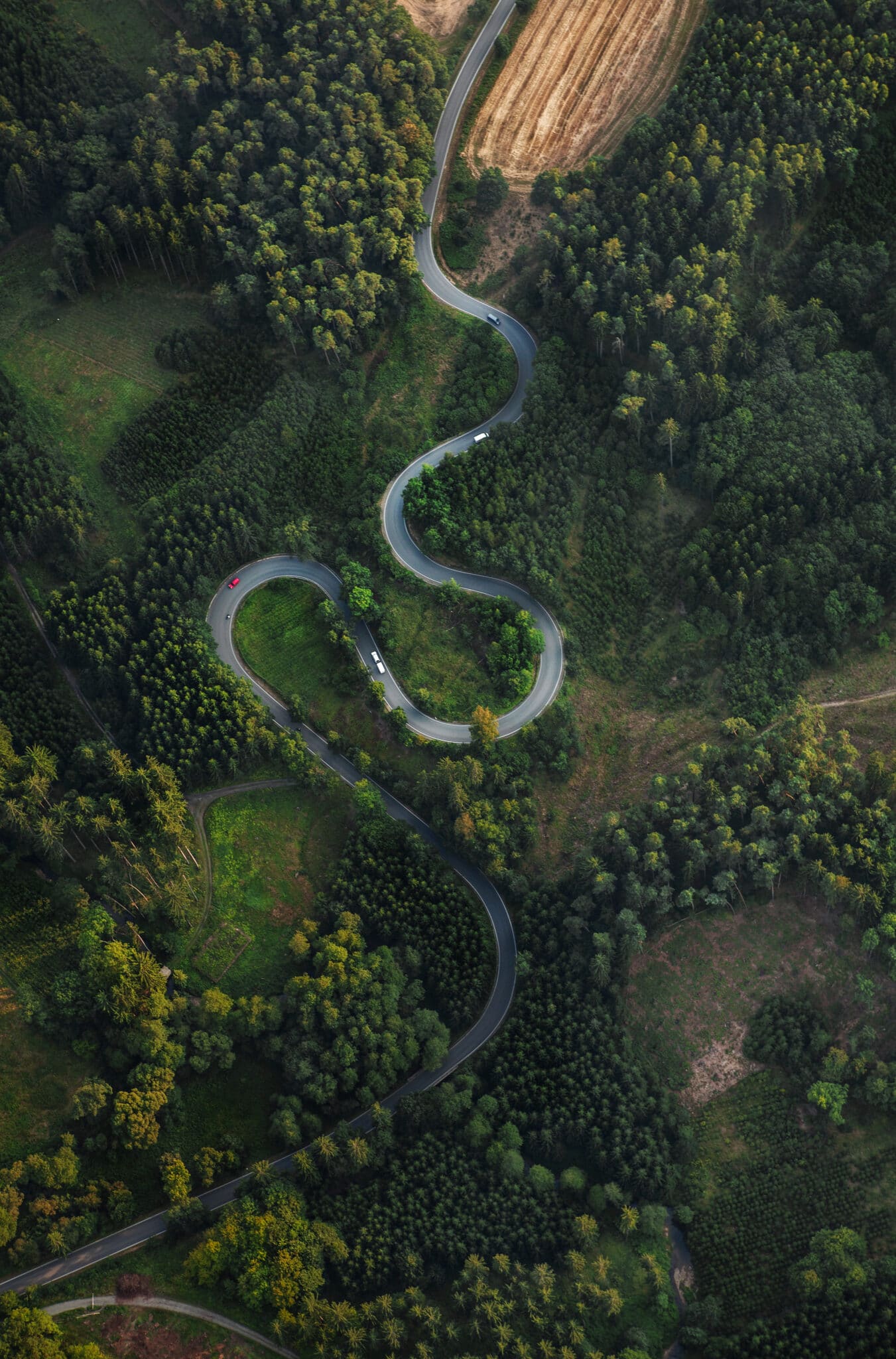We’ve all heard the saying that ‘money makes the world go round’, and we all know just how true it is. Unfortunately, however, mankind’s growing fixation with the almighty dollar in recent times has left the world spinning just a little too rapidly. So fast, in fact, that it’s developing quite a case of motion sickness.
Most if not all countries and companies around the globe are driven by economical systems and methods of generating profit that exploit the natural environment. This alongside the world’s steady increasing population density and the growing need for infrastructure causes the demand for resources to grow at an ever-increasing rate, which is not sustainable at any rate, even with a change to more green methods and the reduction of excess emissions.
Every single continent upon the face of the earth is already suffering a crippling reduction of biodiversity, and our climate is halfway down a path that ends in nothing less than global tragedy. To fix this, we need something to remove the focus of wealth and prosperity away from ways of achieving economic growth that cause harm to the environment, while remaining viable for communities both large and small.
However, one of the hardest questions that governments and companies have yet to fully answer – or, at least, to put into effect – is how to find a financially and politically stable method of doing so.
- Nature-based Solutions are schemes that focus upon taking advantage of the natural processes of the world around us rather than exploiting it or working against it or forcing it to perform - limiting waste, serving as positive climate action, and curbing the amount of labor and money that must be put into the production of goods.
- All countries and companies around the globe are driven by economical systems and methods of generating profit that exploit the natural environment.

So how do we conquer this, and answer the question upon the other face of the coin that is combating climate change? How can we share wealth and continue growth using nature-based solutions in a society that is so strongly influenced by profit exchange and capitalism?
There are no instant fixes when it comes to the climate, but one path of action in particular has become increasingly prevalent in recent years. Nature-based Solutions, also known as NBSs, are schemes or businesses that focus upon taking advantage of the natural processes of the world around us rather than exploiting it or working against it or forcing it to perform – limiting waste, serving as positive climate action, and curbing the amount of labor and money that must be put into the production of goods.
People upon this earth have learnt since the very dawn of time that the greater the care that one puts into the nature, the greater the reward that comes as a result. With an economy that takes influence from nature rather than influencing nature itself, the natural processes and functions of the world can be nurtured and taken advantage of rather than exploited.
With a nature-based economy in mind, one can begin to see nature and environmental preservation as an asset rather than a chore. As much as a project to consume raw materials by building city infrastructure or buildings can create job opportunities for thousands, the same is true for enterprises following a NBS plan.
There is no climate solution without the full contribution from nature. As the UNEP-WCMC report and the work of UN-REDD show, if we are able to realise the full contribution of nature to climate change mitigation, we will have also achieved the goal of biodiversity conservation.
- Inger Andersen, Executive Director, United Nations Environment Program
Alongside generating useful and lucrative products, these ventures also provide a greater offset to other non-green businesses, and – most importantly of all – a massive step towards bettering the health of our planet.
Initiatives such as Rewilding Enterprises – focusing upon generating finance and incentives for returning plots of land to their natural states – serve as perfect examples, as well as those that generate direct profit, such as urban forestry, sustainable plantations, and private enterprises such as beekeeping and horticulture.
Another positive aspect of smaller, nature-based business schemes is the effect they have upon rural areas, and the benefits that a closed, short range, and circular waste systems have towards reducing the monetary and environmental costs that importing, exporting, and transporting goods create.

Such localized business efforts promote a healthy spread of varying projects and small enterprises, which allows for a great increase in bio- and economic diversity, both through the lens of greater good for the environment and for socio-economic structures – attracting investors, strengthening workforces, and making it so that young people are no longer forced to leave their communities for cities in search of work, thus halting the issue of rapid stagnation that many rural and remote communities face.
Modern life certainly doesn’t come free, but with the right effort used in the right ways we can work towards a future where survival and earning the daily dollar doesn’t mean harming the earth beneath our feet. Because while nowadays it seems that money is the only thing that can buy happiness – or at least the things necessary to stay alive long enough to experience it – it can’t buy us a new home.




